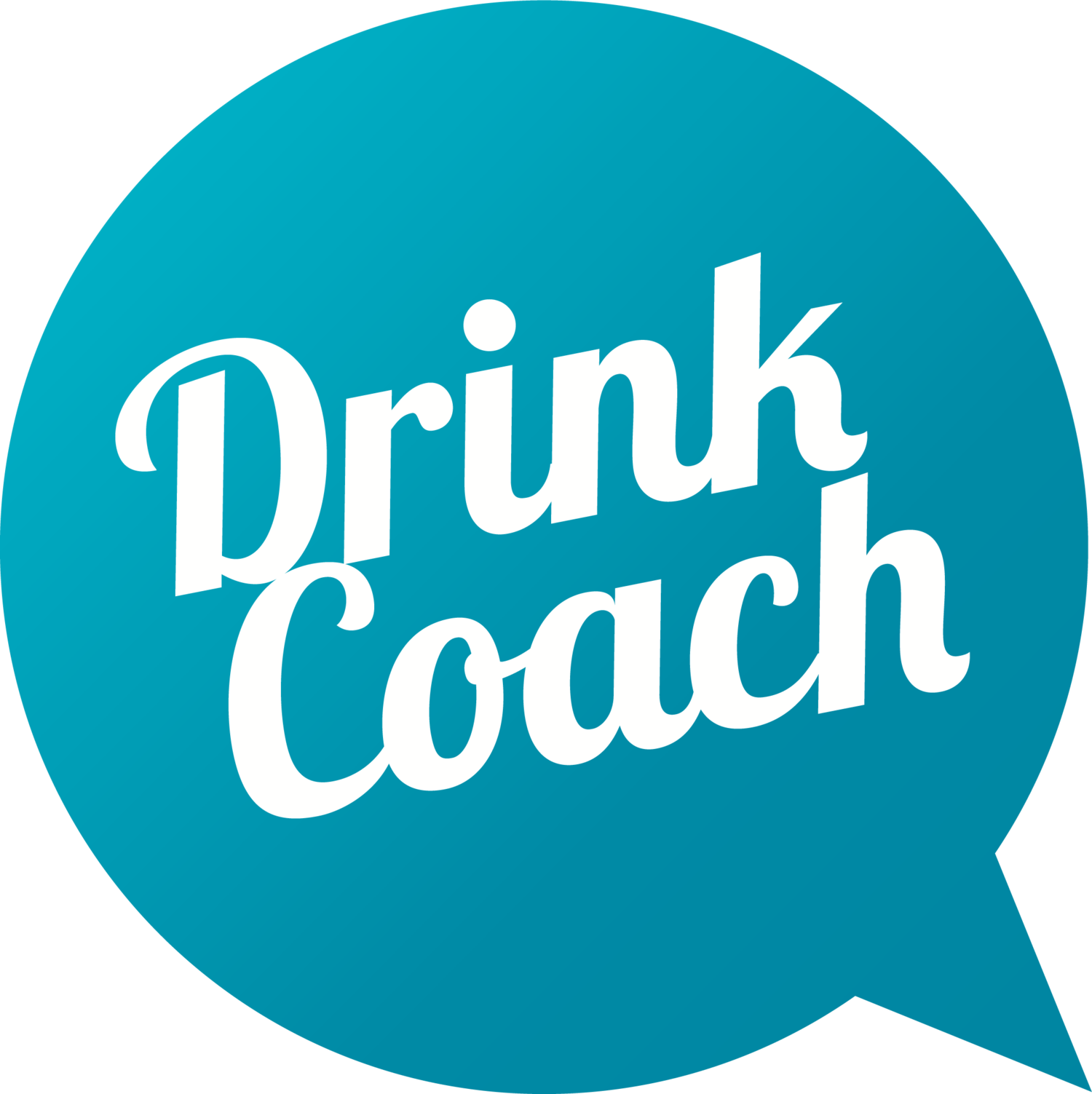Prevention is better than cure
Why lifestyle choices matter and early interventions work
“Prevention is better than cure” is a familiar phrase coined in 1500. It has a simple meaning that can be attributed to many aspects of our lives. Small everyday choices from the food we eat to the company we keep help to shape our future in ways we sometimes can and can’t predict. It’s natural to want to live in the moment and enjoy life today, but at times we need to take a step back, look at the bigger picture and ask ourselves, is it worth it, especially when it comes to our health.
The foundation of modern public health messaging encourages people to look after their health before it causes complications that are much harder to treat.
- Eat healthy to avoid becoming overweight
- Exercise to strengthen your heart
- Quit smoking to prevent lung cancer
- Reduce your alcohol intake before you become dependent
Alcohol dependency doesn’t happen overnight. It develops over time through our behaviours and choices.
What starts off as 1 drink in the evening can turn into 2 which can slowly creep up to a whole bottle.
Before you know it you might struggle to remember your last day without a drink. This is a story we hear often, but with the right tools and support, early intervention can change the trajectory of people’s lives for the better.
Early intervention is extremely important when it comes to alcohol, and as dramatic as it sounds, it can be a matter of life and death. In 2018 there were 7,551 alcohol-specific deaths* in the UK alone (Office for National Statistics, 2019). If we included other deaths where alcohol is known to partially contribute like cancer of the mouth, oesophagus and liver as well as road traffic accidents, falls, fires, suicide or violence involving people who were drinking, this figure would tell an even more alarming story.
*Alcohol-specific deaths = Deaths resulting from health conditions that are a direct consequence of alcohol misuse, such as alcoholic liver disease. This is the National Statistics definition.
Our DrinkCoach clients recommend the following advice if you are considering change:
1. Keep a drink diary to track your drinking and habits It’s easy to lose track of how many drinks you’ve had during the week. Keep a record of all drinks and reasons why you had each one. You will be able to track a pattern of behaviour and understand what your triggers are, as well as ensuring you stick to your limits.
2. Set achievable goals and write them down Try not to set yourself goals that you will struggle to achieve. Start small such as reducing your alcohol intake by 1 unit every day for the next month or introduce an alcohol free day. Writing down your goals helps with commitment to change. You can write them on paper or use the free DrinkCoach app to set goals and reminders and keep them with you at all times.
3. Tell someone close to you to keep you accountable Don’t feel embarrassed to tell people you want to reduce your drinking. Even if you don’t want to tell people why you’re cutting down, telling them your goals can help keep you on track. Getting it out in the open will mean you won’t have to make excuses and they are less likely to tempt you with “just one more”.
4. Keep alcohol out of the house Only buy what you intend to consume, if possible try not to have extra alcohol in the house so you can avoid temptation when you feel most vulnerable.
5. Distractions Cravings and urges to drink tend to run their course after 10-15 minutes (Lindel, 2012). Find something that can distract you in that time. Exercise, being creative, cleaning and reading are all healthy distractions that can be done with minimal effort.
6. Talk to a professional Keeping in mind that prevention is better than cure, you don’t have to wait until things get really bad before you access support. Although you may feel you’re not ready for this step just yet, talking to a drink coach really does help to focus your plans.
Our DrinkCoach online coaching sessions are a professional and confidential way to discuss your drinking and receive expert guidance from an alcohol treatment specialist. You can book sessions for a time that suits you, including evenings and weekends. All you need is an internet connection.
Find what works for you
There are no right or wrong methods, the trick is finding what works for you. If the first thing isn’t successful, try again and again. Changing your drinking is a journey that has life-long benefits. It’s worth the investment now to prevent a bigger issue in the future.
References:
Lindel, R. (2012). Five Ways to deal with urges and cravings: Available online
Office for National Statistics (2019). Alcohol-specific deaths in the UK: registered in 2018 Deaths caused by diseases known to be a direct consequence of alcohol misuse by sex, age and region. Available online


